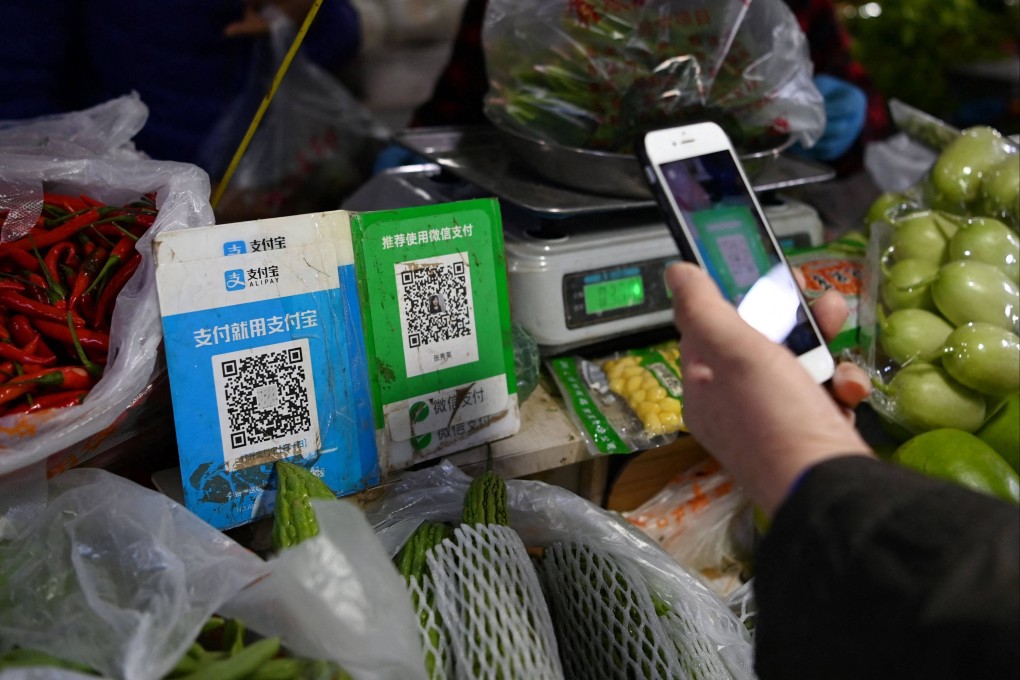Advertisement
China’s once-hot payments industry fizzles out under shifting fintech regulations
- The People’s Bank of China strictly controls the number of third-party payments licences, which were once worth billions of yuan
- As the central bank moves to tighten fintech regulations in recent years, however, some operators are giving up their licences
Reading Time:2 minutes
Why you can trust SCMP

China’s third-party payments business is withering, with at least 20 operators reselling or giving up their licences, which once fetched billions of yuan in the second-hand market.
At least 23 payments service licences have been revoked so far this year, while several entities are looking to sell theirs in a market with few potential buyers, according to a report by state-backed newspaper Securities Daily on Wednesday.
Zhonglianxin, a company based in southeastern Fujian province, is scheduled to auction its licence – obtained in 2011 and renewed twice – on e-commerce platform JD.com later this month, with an opening bid of 64.4 million yuan (US$9.3 million).
The People’s Bank of China issued its first third-party payments licences in 2011. Since then, in a manner similar to how Hong Kong authorities hand out mahjong parlour licences in the city, the mainland has strictly controlled the number of payments licences available.
Advertisement
To date, the Chinese central bank has issued 271 third-party payments licences, which have to be renewed every five years to maintain their validity, according to Securities Daily. About 200 licences remain effective at present.
Ant Group’s Alipay and Tencent Holdings’ Tenpay, which provides back-end electronic wallet services on WeChat, were among the first to get licences in 2011. Ant is the fintech affiliate of Alibaba Group Holding, owner of the South China Morning Post.
Advertisement
Other tech giants, including smartphone makers Huawei Technologies Co and Xiaomi, as well as search engine operator Baidu, have also obtained licences to operate payments services on their own devices and platforms.
Advertisement
Select Voice
Choose your listening speed
Get through articles 2x faster
1.25x
250 WPM
Slow
Average
Fast
1.25x
